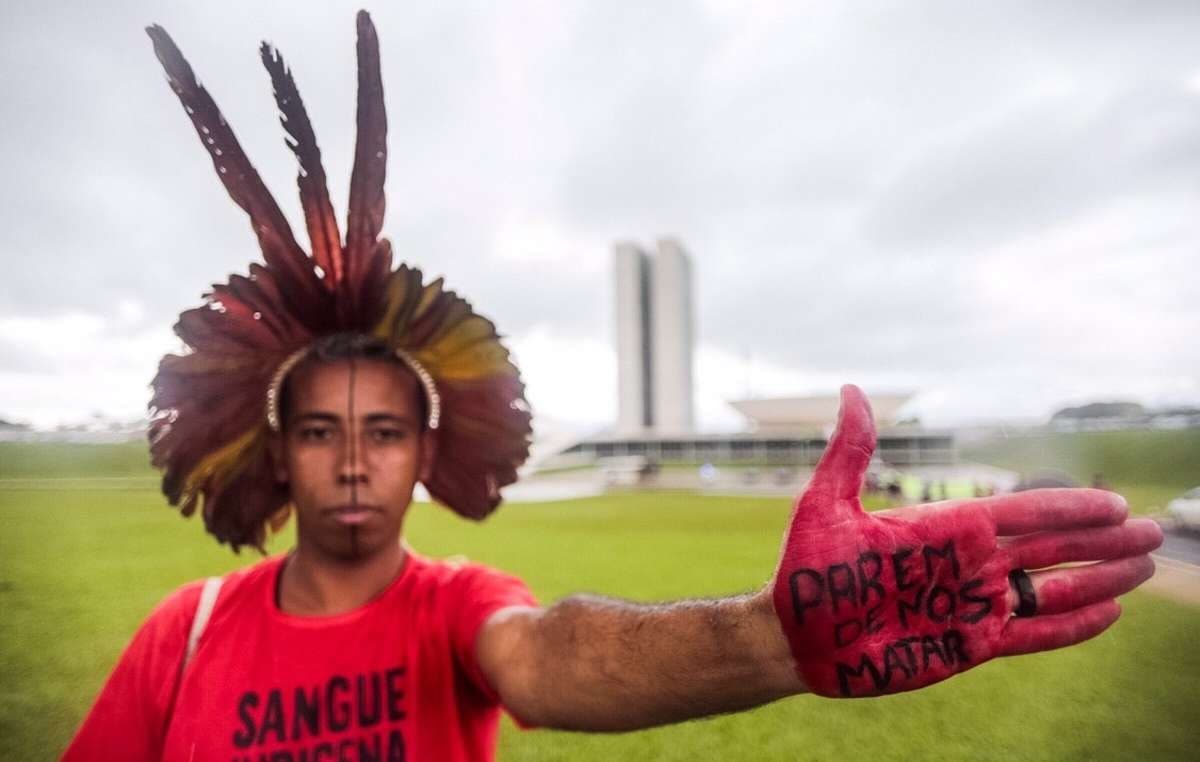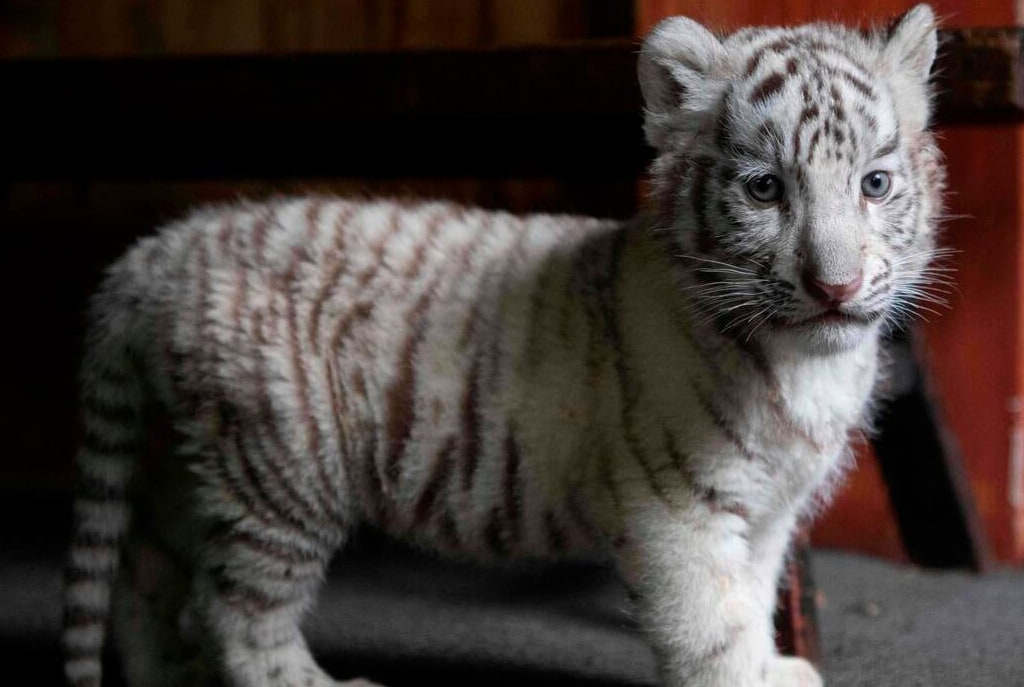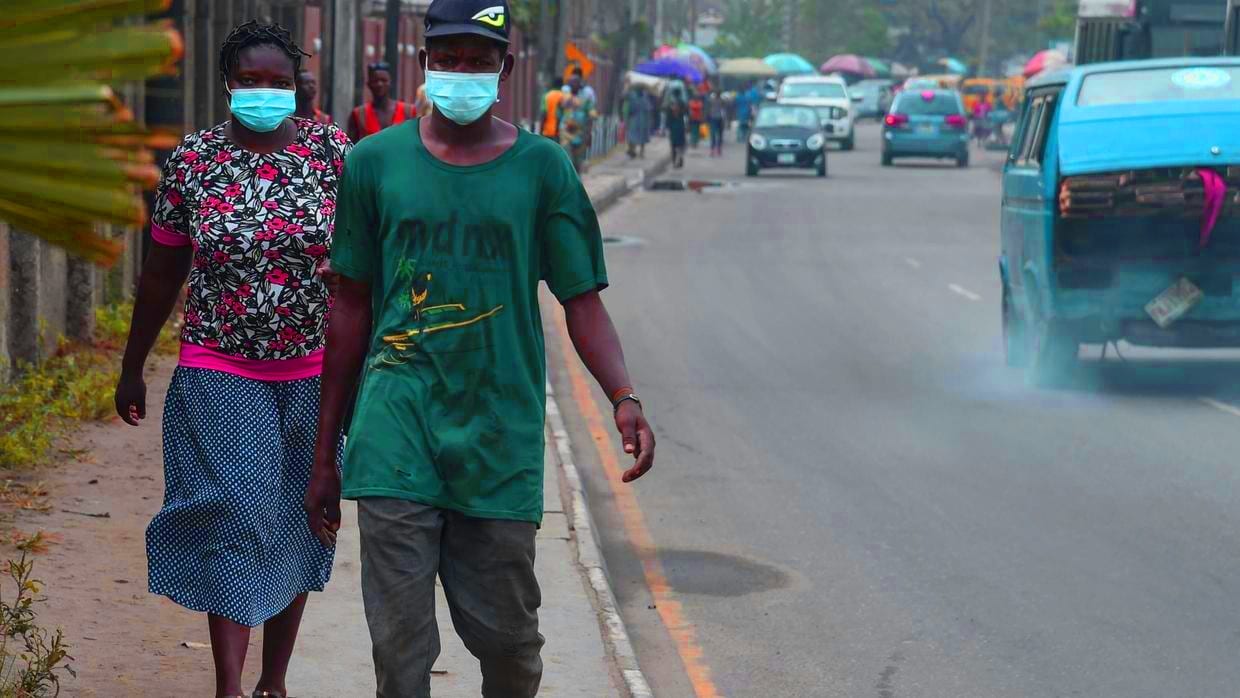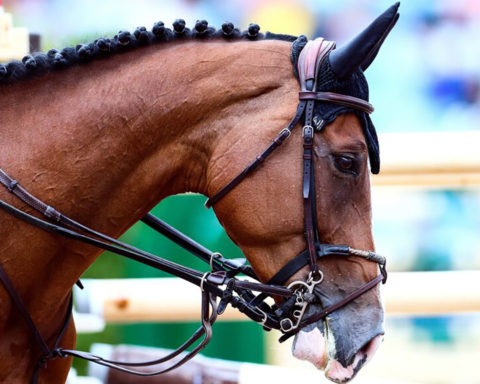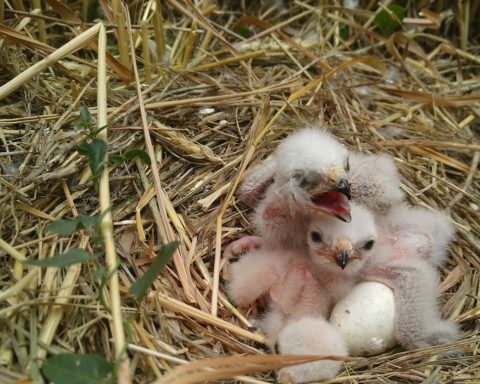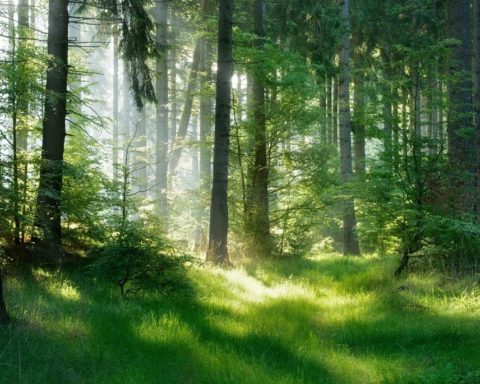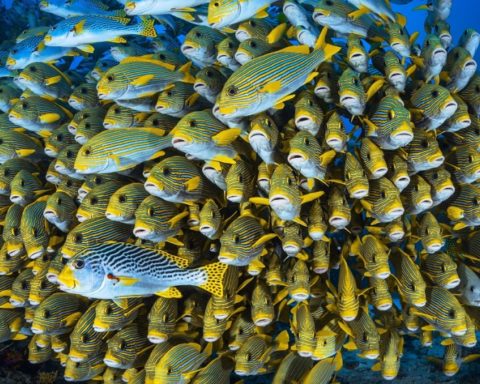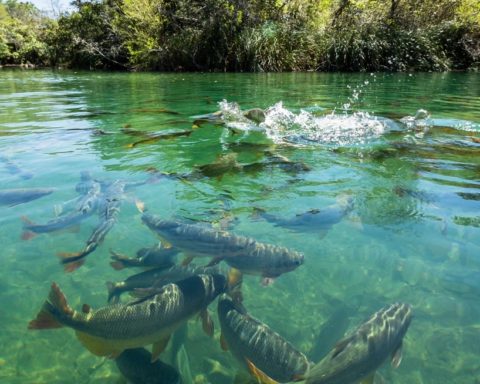La pandémie frappe le monde. Tout le monde. Comme un fléau du destin. En réalité cette crise est le produit de notre façon de vivre le monde. En étendant les limites de nos habitats humains sur le monde sauvage, nous avons non seulement détruit la biodiversité, mais sommes aussi entrés en contact inédit avec une faune qui ne demandait qu’à vivre en paix. En bousculant de précieux équilibres, nous avons réveillé des organismes hostiles. Le coronavirus dont on sait l’origine dans les chauves-souris en est le résultat. Nos équilibres s’en trouvent dès lors chamboulés et notre vie menacée, partout sur le globe. Les peuples indigènes connaissent depuis toujours ce fragile équilibre. Ils nous avaient alerté. Ils nous le rappellent encore aujourd’hui dans un message qu’’ils nous adressent depuis New York ce 13 mars.

Cet article est publié ici dans le cadre du partenariat de UP’ Magazine avec Covering Climate Now, une collaboration mondiale de plus de 400 médias sélectionnés dans le monde entier pour renforcer la couverture journalistique du changement climatique.
Sur Terre, tout est lié, tout est relié. Pour que la vie y soit pérenne, il faut repenser nos modes d’évolution. Car nous sommes de plus en plus nombreux pour une place qui n’est plus garantie. Nos modes d’habitat, de fonctionnement, notamment en Europe et aux États-Unis, produisent des effets dévastateurs sur la biodiversité, lesquels se répercutent à l’autre bout du monde, comme en Afrique, en Amérique du sud, en Indonésie ou au pôle Nord. Il est urgent de sortir de notre vision anthropocentrique et de repenser notre position dans la biosphère.
A l’occasion d’une conférence de presse tenue à New York, ce 13 mars, les dirigeants indigènes d’Asie et des Amériques ont expliqué que la destruction des forêts n’accélère pas seulement le changement climatique et la perte de biodiversité, mais impacte aussi la santé de tous à travers toute la planète. Les droits fonciers et humains des groupes autochtones sont l’un des aspects les plus importants – mais aussi les plus négligés – de l’histoire du climat. Ces peuples représentent 370 millions de personnes un peu partout sur la planète, réparties en 5 000 groupes environ.
- LIRE DANS UP’ : Habiter le monde est le défi de notre époque
Les experts sont tous d’accord : le plus important, c’est que la perte des forêts et d’autres habitats rapproche les animaux sauvages des humains et des animaux domestiques. Les échecs dans la protection des terres indigènes permettent également aux maladies de franchir la barrière entre l’homme et l’animal. C’est ce que l’on appelle « le lien corona-climat« . Nous avons récemment signalé que la dévastation des forêts a joué un rôle majeur dans la génération et la propagation du coronavirus.
Une crise sanitaire en réponse aux agressions humaines sur l’environnement
La protection de ces droits est l’une des principales solutions à la crise climatique dans le monde mais aussi à la crise sanitaire actuelle. Nous devons ainsi nous interroger sur les agressions humaines sur l’environnement.
« La destruction des forêts qui accélère le changement climatique peut également favoriser l’émergence de maladies telles que le coronavirus » ont déclaré le 13 mars à New York les dirigeants des peuples indigènes, alors qu’ils critiquaient l’entreprise Cargill et d’autres multinationales pour avoir remplacé les forêts par des plantations de soja, de palmiers et de bétail sur leurs territoires.
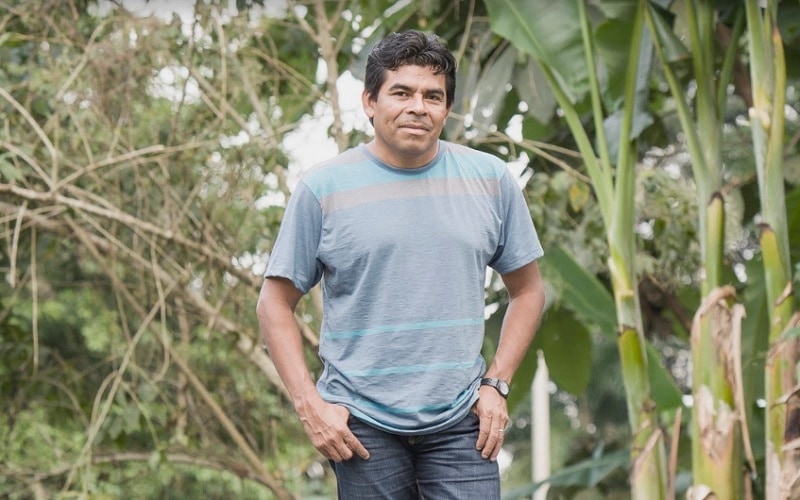
Pour Levi Sucre Romero, autochtone BriBri du Costa Rica, et coordinateur de l’Alliance mésoaméricaine des peuples et des forêts, « Le coronavirus dit maintenant au monde ce que nous disons depuis des milliers d’années, à savoir que si nous n’aidons pas à protéger la biodiversité et la nature, nous serons confrontés à cette menace et à d’autres plus graves encore ».
Toute la recherche scientifique constate que la perte d’habitat a rapproché les animaux sauvages des humains et des animaux domestiques, ce qui permet à des maladies comme le coronavirus de franchir la barrière entre l’animal et l’homme et de se propager par contacts entre humains.
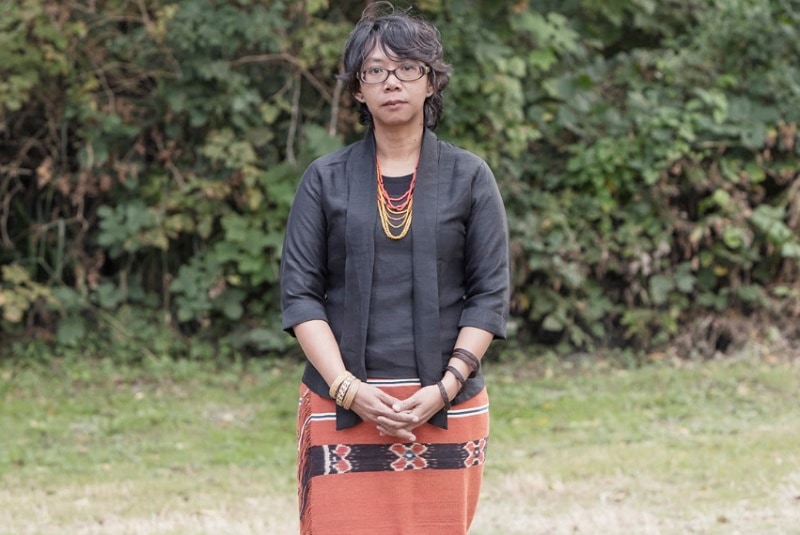
Selon Mina Setra, indigène Dayak Pompakng d’Indonésie qui est aussi la secrétaire générale adjointe de l’Alliance des peuples indigènes de l’archipel (AMAN), qui représente 17 millions de peuples indigènes à travers l’Indonésie, « Il est probable qu’un animal [soit responsable d’un virus qui] a infecté des dizaines de milliers de personnes dans le monde avec le coronavirus et a mis à rude épreuve l’économie mondiale. Si seulement le monde avait travaillé à renforcer les droits des peuples indigènes – qui ont appris à vivre dans la nature avec la biodiversité et à protéger les espèces animales et végétales – nous verrions moins d’épidémies comme celle à laquelle nous sommes confrontés actuellement« .
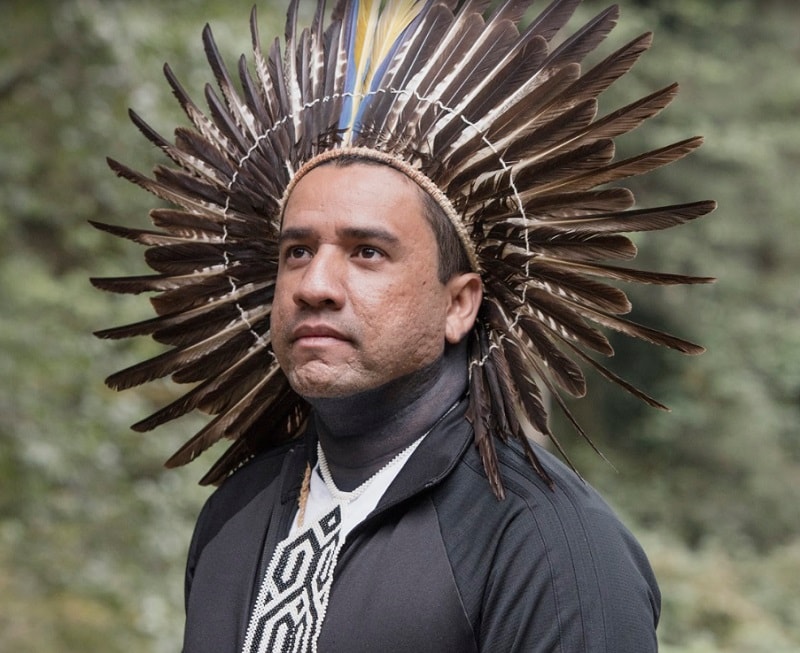
Le Brésil, en particulier, a connu une attaque croissante contre les droits des peuples indigènes, à certains des plus hauts niveaux du gouvernement, selon Dinamam Tuxá, coordinateur et conseiller juridique de l’Association des peuples indigènes du Brésil, où « notre peuple est criminalisé et assassiné« . Il explique que « L’une des principales entreprises qui a financé le génocide et la destruction des terres indigènes est l’entreprise Cargill. Ce que nous demandons aux multinationales, c’est qu’elles n’achètent pas de produits de base qui provoquent la déforestation et les conflits et qui sont produits sur les terres indigènes. Nous demandons également que les accords commerciaux bilatéraux exigent le respect des droits des indigènes et garantissent qu’aucun produit lié à la déforestation n’entre dans leur pays« .
De récentes études scientifiques évaluées par des pairs ont conclu que la protection des terres et des droits de l’homme des peuples indigènes qui occupent une grande partie des zones forestières de la planète est le meilleur moyen de maintenir les forêts en vie, ce qui réduit le réchauffement climatique et la perte de biodiversité.
« Les communautés vivant dans et autour des zones forestières peuvent jouer un rôle essentiel dans la réussite de la conservation et de la restauration, mais sont trop souvent exclues des décisions concernant la politique forestière, en partie à cause d’un régime foncier peu clair et contesté« , ont écrit certains des meilleurs experts forestiers du monde dans un récent blog. « L’absence de droits légaux sûrs rend les communautés et leurs forêts vulnérables« .
« Pour nous, le changement climatique n’est pas abstrait« , a déclaré Levi Sucre Romero. « Dans ma petite communauté… nous nous battons pour produire certains aliments à cause du changement climatique. Toute la côte caribéenne de l’Amérique centrale est confrontée à la montée du niveau de la mer, et cela a un impact sur l’économie« .
En 2019, le Groupe d’experts intergouvernemental sur l’évolution du climat des Nations unies a qualifié de « vitale » la protection des terres et des droits de l’homme des peuples autochtones pour faire face à la crise climatique. Selon le programme de surveillance Global Forest Watch du World Resources Institute, les terres indigènes connaissent un taux de perte de couverture forestière inférieur à la moitié de celui des autres terres ; lorsque les droits des indigènes seront reconnus, la différence sera encore plus grande.
Les territoires indigènes sont de plus en plus assiégés
Une étude récente sur la situation en Amazonie, publiée dans les Actes des Académies nationales des sciences, a conclu que « la tendance à l’affaiblissement des protections environnementales, des droits fonciers des autochtones et de l’État de droit… constitue une menace existentielle pour [les peuples autochtones, les communautés locales] et leurs territoires. Il est essentiel d’inverser cette tendance pour l’avenir des forêts amazoniennes, qui sont des tampons climatiques, et pour le succès de l’Accord de Paris ».
La protection des droits des indigènes et des forêts peut également aider le monde à trouver des médicaments pour traiter le coronavirus et d’éventuelles futures pandémies, ont déclaré les dirigeants indigènes. Mais trop souvent, les entreprises mondiales pénètrent sur les terres indigènes et s’emparent de leurs produits et de leurs connaissances traditionnelles sans compensation.
« Nous savons que 25 % des médicaments utilisés dans le monde proviennent des forêts et qu’en perdant les forêts, nous mettons en danger les solutions futures« , a déclaré Sucre Romero.
« Le remède à la prochaine pandémie pourrait se trouver sur nos terres, et ce qui est important, c’est que notre savoir traditionnel soit reconnu comme il se doit« , a déclaré M. Tuxá. « Au lieu de cela, a-t-il ajouté, ces grandes entreprises pharmaceutiques viennent dans nos communautés, extraient nos connaissances traditionnelles et nos plantes sans reconnaître nos droits … et les emmènent dans les villes en disant que ce sont leurs propres découvertes« .
Nos sociétés modernes engendrent des « maladies de civilisation »
Comme l’explique Frederika Van Ingen, dans son dernier livre (1), « Ces sociétés racines, que l’on nomme aussi peuples premiers, autochtones, indigènes, ont la particularité de ne jamais avoir totalement coupé le lien avec la terre sur laquelle elles vivent, même si certaines ont dû adopter nos modes de vie modernes au cours des derniers siècles. A travers ce lien avec leur terre, ils cultivent l’équilibre, des « sagesses » (2), […] ; ces sagesses sont bien plus qu’un idéal de vie individuel ou une voie de développement personnel. Elles sont bien plus qu’une quête personnelle pour tenter de vivre un peu plus en cohérence. Dans la vision de ces peuples, où tout est relié, elles participent de la santé des hommes et de la santé du monde. Elles constituent, en quelque sorte, l’oxygène de la pensée qui traverse l’humain pour maintenir l’unité de la vie. »
Comme le rappelait l’anthropologue Jean Malaurie au tournant du XXIe siècle (3), « les peuples racines » sont à la source même – et donc partie prenante – de la vie de l’humanité qui se construit sur notre planète ; et ils sont susceptibles d’apporter aux nations « avancées » le second souffle indispensable pour affronter le nouveau siècle et ses formidables défis.
Frederika Van Ingen explique que ces peuples apportent aussi à la question existentielle « Qui suis-je ? » une réponse claire : « Je suis un membre et gardien coresponsable de l’harmonie ». Cela change tout à leur façon d’être au monde « Ils se voient comme partie d’un corps vivant, appartenant à un organe (leur groupe) qui a sa raison d’être et sa fonction, dépendant du milieu extérieur, au service de ce grands corps et maintenu en équilibre parce qu’au service de ce corps. Cela change le regard sur la vie, sur le rôle de l’humain dans cette vie, sur le sens de la vie, de la mort, sur le sens des maladies, sur le rôle de ceux qui soignent, sur le rôle de chacun, sur l’équilibre des sociétés, … Et le fil principal qui relie l’individu à ce grand corps vivant, celui qui lui indique que oui, il est harmonieusement relié, c’est sa santé ! »

(1) « Ce que les peuples racines ont à nous dire » de Frederika Van Ingen – Edition Les Liens qui Libèrent (LLL), janvier 2020
(2) « Sagesse d’ailleurs pour vivre aujourd’hui » de Frederika Van Ingen – Editions Les Arènes, 2016
(3) « Comment préserver la diversité créatrice ? La leçon des peuples premiers » de Jean Malaurie – Le Monde diplomatique, avril 1999
Photo d’entête : Les peuples autochtones du Brésil manifestent le 13 février 2020 contre le projet du président Bolsonaro de voler leurs terres et de les ouvrir à l’exploitation. Photo © Mídia Ninja (Source : survival international)

